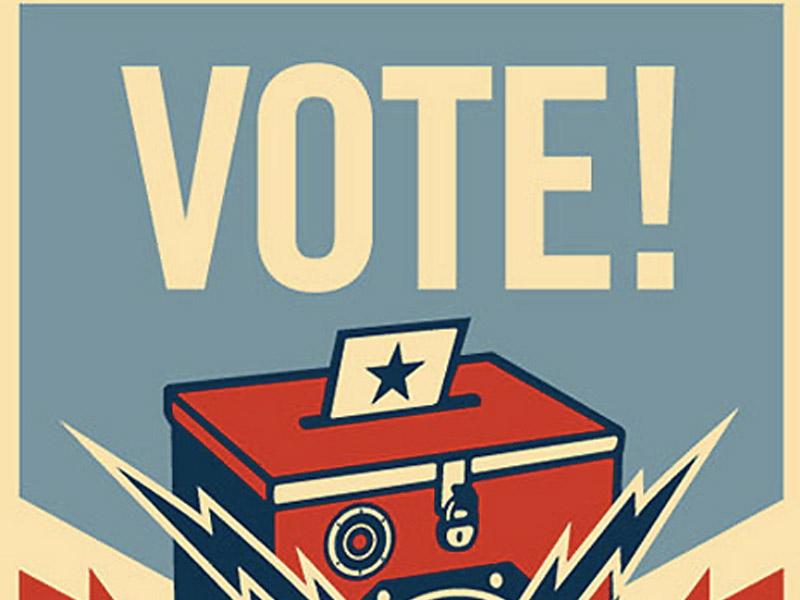
11 Things People should know before they Vote
Personal ID will be required to vote:
Most of the people now have the personal IDs like driver’s permit, ID card or other DMV-issued archives that can be used to vote. Voters can likewise utilize military and veteran’s IDs, some understudy IDs, tribal IDs, or a declaration of naturalization.

Avoid busy hours:
Polling booths will be the busiest between 6:30 a.m. and 9 a.m., around noon from 11 a.m. to 1 p.m. and when the survey closes that is from 5 p.m. to 7:30 p.m. For those in a rush, maintain a strategic distance from these surge hours.
No Photos:
You are not permitted to take photographs inside the polling booth. Voters shouldn’t bring any camera activated device into the polling station.
Carrying a gun:
Election authorities limit voters from carrying their firearms with them inside a polling place.
Reporting inconvenience or issues:
Election authorities are responsible for the events that take place at the polling station, and they have to make sure that the election takes place smoothly and issues that emerge are managed legitimately.
What is permitted inside a voting place?
You are permitted to take a voter’s guide and related election writing straight up to the machine and use as a reference.
Persons allowed inside a booth:
Up to 10 voters at any given moment are allowed in a polling place, alongside a constable or police officer and election authorities who are supervising the voting procedure.
No ID for most voters:
Most voters tend to leave their ID proof, photograph or something else at home. In most cases that will not be an issue. However, if you are a first-time voter who didn’t give satisfactory confirmation of your identity when you enrolled to vote or if your documentation doesn’t match, then you will have to carry an ID card.
Poll watchers:
Poll watchers are present at the polling spot to watch the voting procedure and test a voter’s qualification along with the election authorities in the event that they presume the voters aren’t who they say they are or don’t live in the area.
Provisional Ballots:
These are paper votes that a voter is asked to utilize when questions emerge about his/her qualification to vote in that region. It makes sure that voters are given the opportunity to exercise their right to vote.
Register to vote:
You must enroll to vote and receive your ballot at the voting booth. For those going to vote, you must be enrolled to vote 25 days before Election Day.
